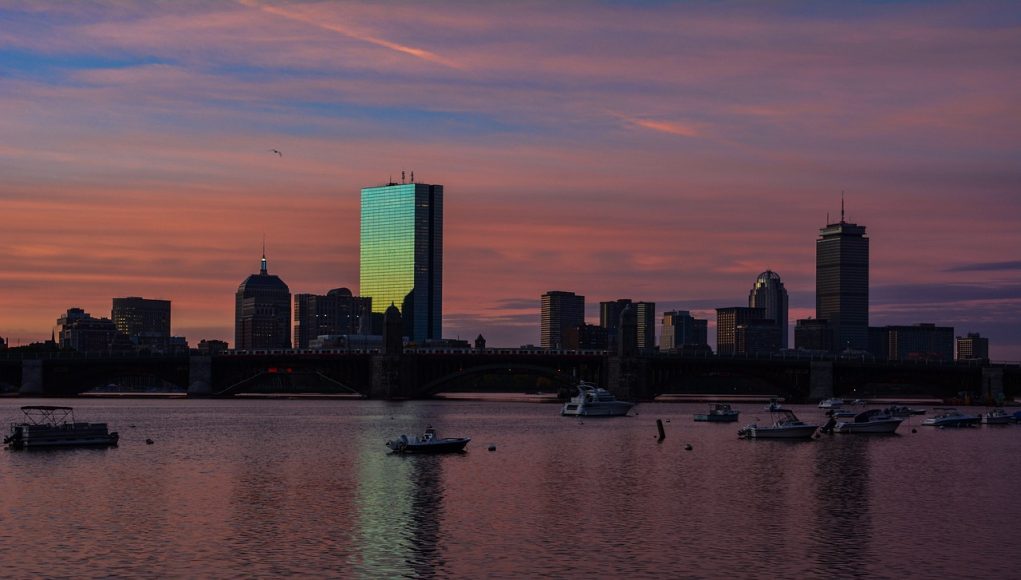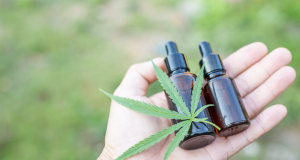The commission has even created an entire regulatory market for the substance, however it has faced some issues. In the past two fiscal years, as of June 2020, the state has collected $122 million in taxes, this was less than expected due to the late start of the industry, and the disruptions caused by the current pandemic.
“Despite state programs and initiatives to propel disenfranchised groups, the progress has largely benefited white and male operators. Of the 901 applicants for which there are data, only 42 identified as women-owned, 73 identified as minority-owned. Over 700 — 78% — did not identify as being in a disadvantaged business group,” explained an article on the Boston Business Journal.
The worst state in terms of vape laws
In contrast, according to the Consumer Choice Center’s (CCC) United States vaping index, Massachusetts tops the list as the country’s worst state with regards to vaping regulations. Last December, H4183 was approved by a vote of 127 to 31, and set in place a harsh 75% tax and flavour ban across Massachusetts. The bill also allows the police to seize vehicles in which they find untaxed vaping products.
With regards to flavoured vaping products, use is still allowed in a handful of state licensed “smoking bars.” However, this is not very useful since vapers use e-cigarettes to substitute regular cigarettes during regular day activities, such as after a meal, when driving to/from work, and during work breaks. To these individuals (which make up the majority of vapers) allowing use in smoking bars is futile.
“Massachusetts is far behind all the other states because of its flavour ban and its exorbitant taxation on vaping products,” said David Clement, North American affairs manager for the CCC. “Our research indicates Massachusetts’ policies deter adult smokers from turning to vaping, which could vastly improve and prolong their lives.”
Public Health Expert: US Statistics on Youth Vaping do not Justify FDA Actions











